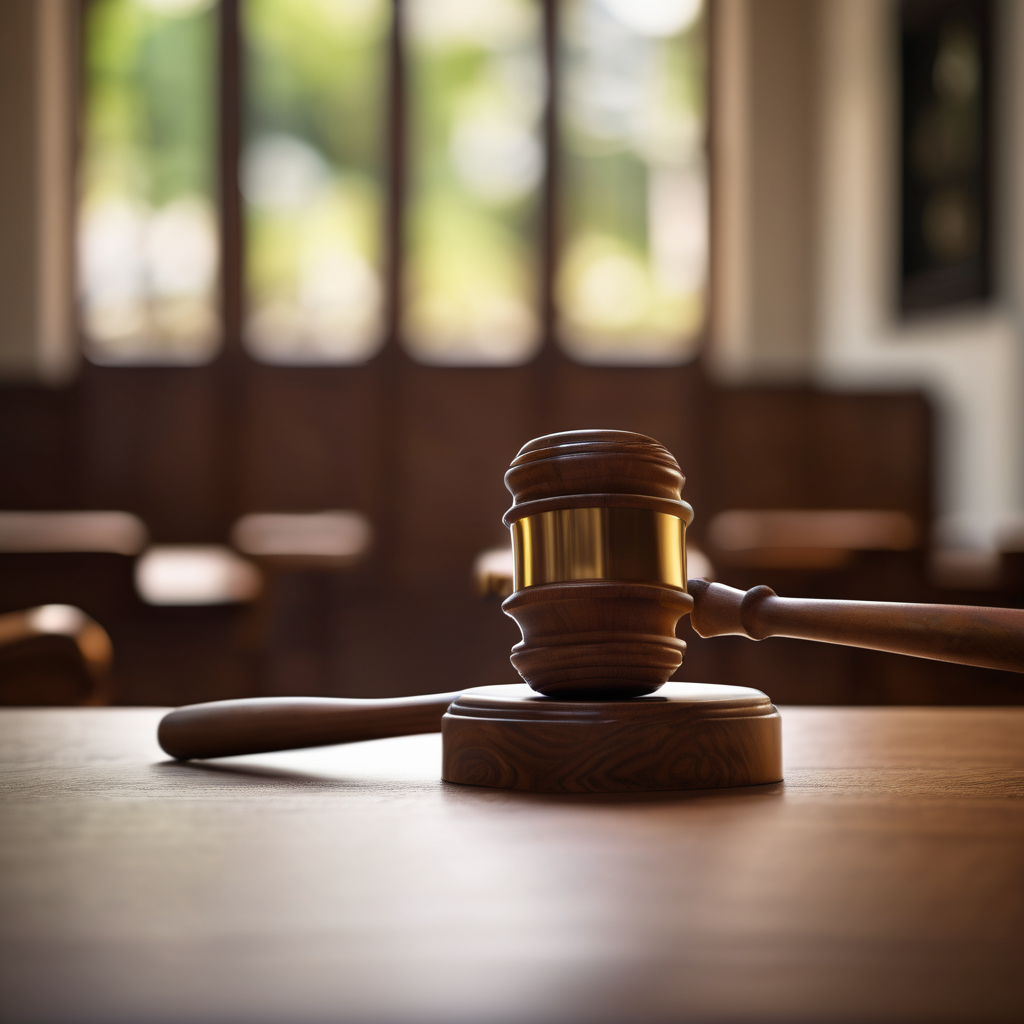Former Deputy Prime Minister Manoa Kamikamica is currently facing serious legal challenges, including charges of perjury and providing false information to a public servant, as brought forth by the Fiji Independent Commission Against Corruption (FICAC). His legal counsel, Wylie Clarke, has raised significant concerns regarding the legitimacy and foundation of the charges during a recent appearance in the Magistrates’ Court.
Kamikamica, who is presently outside the country, is expected to return and appear in court later this week. Clarke contends that the case against his client is deeply flawed and argues that Acting FICAC Commissioner Lavi Rokoika, who initiated the charges, did so without the necessary legal authority. Furthermore, the defense plans to seek the dismissal of the charges, citing vague timelines and a lack of sufficient details in the evidence presented by the prosecution.
In court proceedings, it was disclosed that Kamikamica’s legal team intends to apply for a permanent stay of proceedings if they do not receive a response from FICAC by tomorrow. Clarke challenged the charge sheet, asserting it contained “foundational defects” and that the communications referenced did not meet the necessary legal thresholds to support the allegations.
Amid these serious accusations, Kamikamica has resigned from his positions, which included Minister for Trade, Co-operatives, Small and Medium Enterprises and Communications. Despite the gravity of the situation, there is a sense of optimism among some members of the public. Many believe that these legal proceedings could lead to enhanced transparency and accountability within Fiji’s political framework.
This legal situation has ignited discussions about integrity and political accountability in Fiji, reflecting an increasing demand among citizens for reform and ethical standards within government operations. As investigations continue, there is hope that necessary changes can emerge, reinforcing public trust in governance and the political process.
